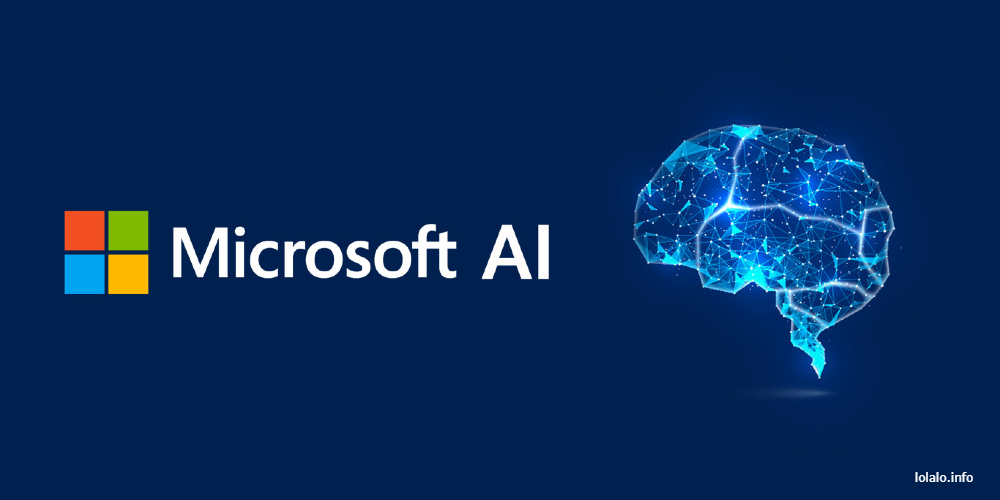Microsoft Unveils Complimentary Access to AI-Enhanced Reading Coach

Microsoft has launched its AI-driven mentoring solution, Reading Coach, as a free offering to all holders of a Microsoft account, marking a significant step in educational technology. As of today, users can explore this tool on the web in its preview phase, with a Windows application set to release shortly. On top of that, Microsoft plans to incorporate Reading Coach into multiple learning management systems, including Canva, in the latter part of spring.
According to Microsoft, the ability to read proficiently is crucial for students' academic achievements. Statistics suggest that students who read fluently have a fourfold likelihood of finishing high school and securing more desirable jobs. Through advanced AI technology, Microsoft is aiming to offer a personalized and impactful learning environment that enhances reading capabilities.
The Reading Coach feature emerges from the Reading Progress plugin, which was originally crafted for the educational iteration of Microsoft Teams, known as Teams for Education. This plugin was created to assist instructors in improving their students' reading fluency. Expanding upon the favorable outcomes of Reading Progress, Microsoft rolled out Reading Coach in the year 2022, embedding it within Teams for Education and incorporating it into Immersive Reader—a multifaceted instrument designed to aid students with their language skills and understanding of text.
Reading Coach operates by helping students identify challenging words and offering specialized tools for solo practice, tailored to the educator's selected settings. These assisting features encompass text-to-speech functionality, breaking down syllables, and integrating visual dictionaries.
Once learners have engaged with Reading Coach, educators are provided with insights into the student's performance, including words practiced, attempts made, and tools utilized. Educators have the option to share this data with their students to encourage progress.
In a recent enhancement, Reading Coach added an AI-fueled "choose your own story" functionality, utilizing Microsoft's Azure OpenAI Service. This interactive feature prompts students to select particular characters and settings, as well as the difficulty level, based on which the AI generates a personalized narrative experience, weaving in the learner's challenging words. However, Microsoft ensures that the content is moderated for aspects such as quality and suitability for the target age group. Through this feature, Reading Coach offers feedback on pronunciation, listens to the student's reading, and rewards progress with badges that unlock additional characters and settings.
For those who prefer a less interactive approach, learners can choose from a collection of curated reading passages sourced from ReadWorks, an established online database for reading comprehension.
Microsoft espouses that Reading Coach tempts learners to hone their skills more diligently through intrinsic motivation. By leveraging AI responsibly and effectively, Microsoft envisions the possibility of personalized education reaching a broader audience.
Nevertheless, it's necessary to recognize that some educators remain skeptical about AI's efficacy in teaching reading comprehension. They point out the complexity of measuring comprehension as it involves understanding vocabulary and the ability to enunciate words correctly. Concerns about students' inconsistent interactions with such tools or potential disengagement also exist.
Nonetheless, many teachers see no harm in utilizing tools like Reading Coach. A survey conducted by the EdWeek Research Center indicates that 44% of educators feel adaptive technology surpasses traditional software and manual methods in assessing a student’s reading level accurately.












